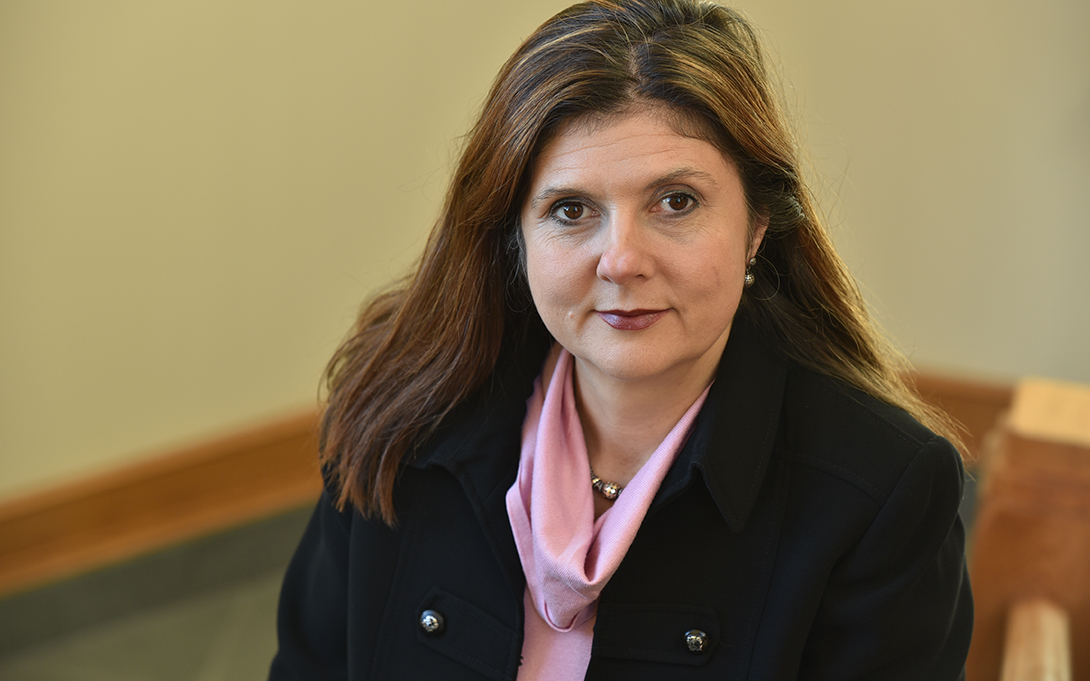
Ford School professor Betsey Stevenson's analysis on the disproportionate toll the COVID-19 recession has had on women and mothers in the U.S. has been widely cited. As the debate continues about the potential for another economic stimulus package, and where the money should be targeted, Stevenson provides clarity in the New York Times, MSNBC, Detroit Free Press, and the American Enterprise Institute.
An article in The New York Times notes there have been three waves of difficulty for women in the workforce: the sectors of the economy hit first by job losses were ones in which women dominate, including in restaurants, healthcare, retail, education, and childcare; a secondary blow came as state and local governments, in which women also outnumber men, eliminated jobs or conducted layoffs; and a third impact emerged from the closing of childcare centers and the shift to remote schooling. Since February, women’s labor force participation has been falling, with the biggest decreases among women without college degrees who have children.
“We are creating an inequality 20 years later, which is even greater than what we have today,” Stevenson is quoted in the Times. “This is how inequality breeds inequality.”
“COVID [has] taken a crowbar to gender gaps and childcare problems that we’ve had for a long time, and pried them open so that we’re all staring at these problems. They are bigger. They are harder to manage right now, but they are not brand new,” said Stevenson on MSNBC. “We’re now learning a lot about the difficulties people have juggling families and work, and what happens when you don’t have easy access to high-quality childcare.”
“Overall, the labor force today paints a picture of a slowing recovery — one where women are struggling to get a foothold back in the economy,” Stevenson told the Detroit Free Press. “And that is likely to cause permanent labor market scarring more among women than among men, and as a result the effects of this could linger with us for years, if not decades to come.”
One remedy she examines is promoting paid leave for caregiving, in a paper she co-authored with Isabel V. Sawhill for the American Enterprise Institute She writes, “The pandemic has put solving the challenges in designing federal policy on the front burner. It has revealed that caregiving is not a personal issue nor a women’s issue. It is an economic issue. To return to the employment levels from the start of 2020, it will be necessary to address the crisis of care in the United States.”
Read the article in The New York Times here.
Watch Stevenson’s interview with MSNBC’s Stephanie Ruhle here.
Read the Detroit Free Press article here.
Read the AEI report here.
